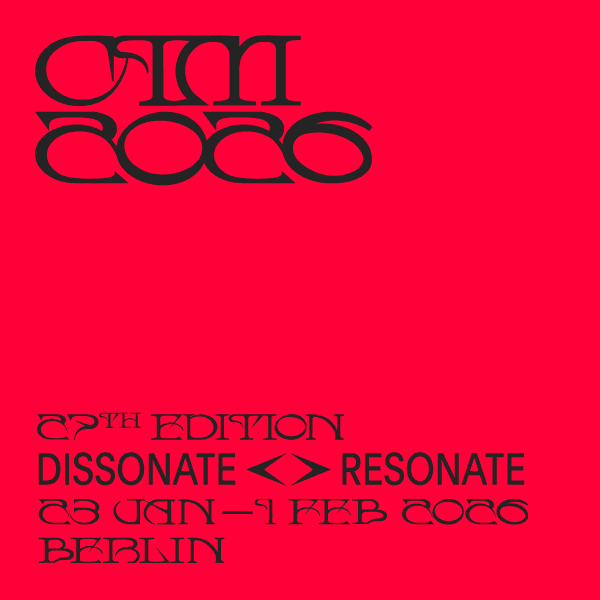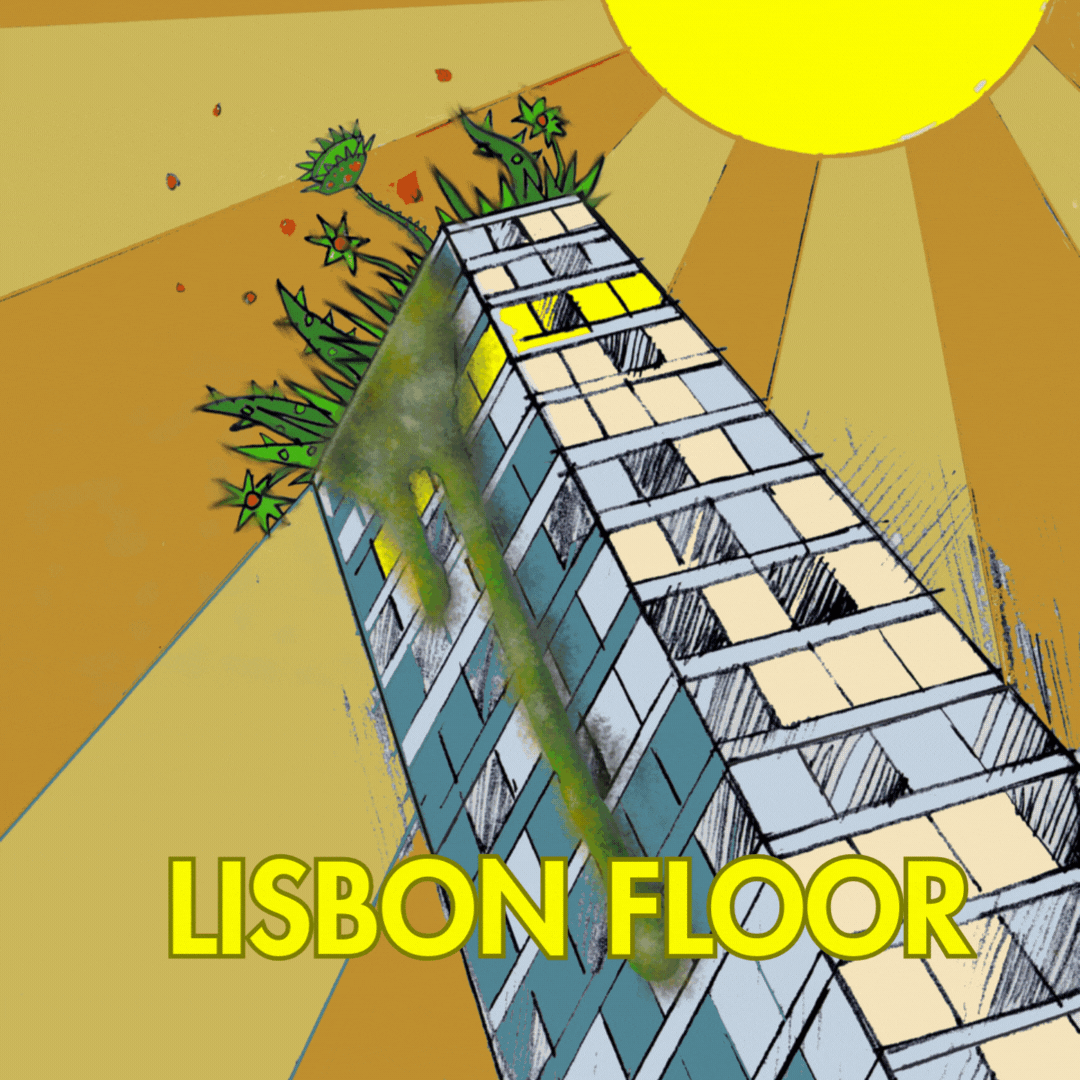On the Dream of Traveling - or Staying Put
Notes on a Chamber Opera
by Thomas Jennefelt
The Swedish wordfarkost is a generic term. Afarkost can be a canoe, an airplane, a sleigh, a ship, a raft - any means of travel. Stone-Age man built afarkost, a little boy builds a farkost of branches and rushes, NASA built afarkost to travel to the moon. We all harbor a dream of a farkost.
Opera is close to dance. Opera is close to film. Opera is close to theater. Opera is close to music. Opera is ....close. Opera is opera.
The Vessel is not a narrative opera inasmuch as nothing actually happens. Four people meet in a situation which is really quite commonplace: the conflict over whether to travel or to stay in one place. Depending on how we choose to enact it, it can take almost any form - from the tangible construction of a vessel, a means of transport, to an interpretation of an inner dream of traveling.
For me the starting-point in itself was tangible: throughout I had a picture in my mind of people doing a practical piece of work, using tools and technical terms in the physical struggle to realize their dreams, with every conceivable conflict built in. I have visualized their vessels with sails, wheels, motors, runners, ski-sticks - a material image of their yearning for distant places. Maybe now that image only exists inside them; the outer signs are no longer visible. But in their language, the building terms remain: the attributes, the gestures.
The music is an attempt to describe one long continuous movement, interrupted by situations generated from it. Meetings, memories. The post-minimalist flow comes to a halt, and arias and duets spring up. The song, the voice, has been of vital importance to me in creating the musical form.
Many times while working on the opera, I have pondered over Baroque music - Bach in particular. Not the structuralist Bach, the perfect contrapunta-list, but the vocalist who works like a sculptor, building up the content of the music in formalized arias: freezing the expression and balancing the surrounding parts to make its meaning clearer. By repetition, and vard repetition, he focuses the image of a face, of a text. An aria becomes a meditation, a moment of rest. Da capo, one more time, so we can see better. The history of music is full of remarkable repeats, from ostinato basses to short leitmotifs which dart about, are repeated and brought into focus. That is what music has always clone - repeated itself.
Is opera a Utopia? A dream of a Gesatntkunstwerk, an all-embracing, total work of art, a dream that has intoxicated artists of all times, but which has never been fulfilled? The dream of a total work of art encompasses a yearning for something consummate, a sort of terminating point, where the ideal art form has been made manifest. (How many grants have been awarded by councils and committees in recent decades to artists who've averred that thev are invoked in projects that break clown the barriers between different art forms?)
There is something definitive and intimidating about the thought of a total art form, a sort of final solution, an artistic dead-end street. If opera is a Gesamtkunstwerk^ it frightens me. A Gesamtkunstwerk is imperialism! So for me, opera is not an all-embracing art form. Opera is opera. Something completely independent, not a synthesis, or an attempt to unite different art forms.
I have not written the libretto to The Vessel in an attempt to be the total artist. No way. I wrote the text simply because I couldn't find anyone else who could do it for me. So there!
But it must not be too heavy and serious. The process of construction is a game. The four characters - Honette (Hi), Hontwou (H2), Hantrai (H3) and Hanfuhr (H4) - are mirror images of our vanity; our naivete, our total lack of perspective. They are Water, Air, Earth and Fire. Four sides in an eternal game. They misunderstand each other constantly, often deliberately, because thevr don't want to understand each other. Irony, slapstick, profound emotion, but also at times just tenuous threads of gravity.
Maybe The Vessel can keep right on going from where it started out, orbit after orbit. Such is our constant yearning, our inner journey, our mixed feelings at having to come to a halt and settle down. "Fare forward, traveller! Not escaping from the past." (T.S. Eliot)

